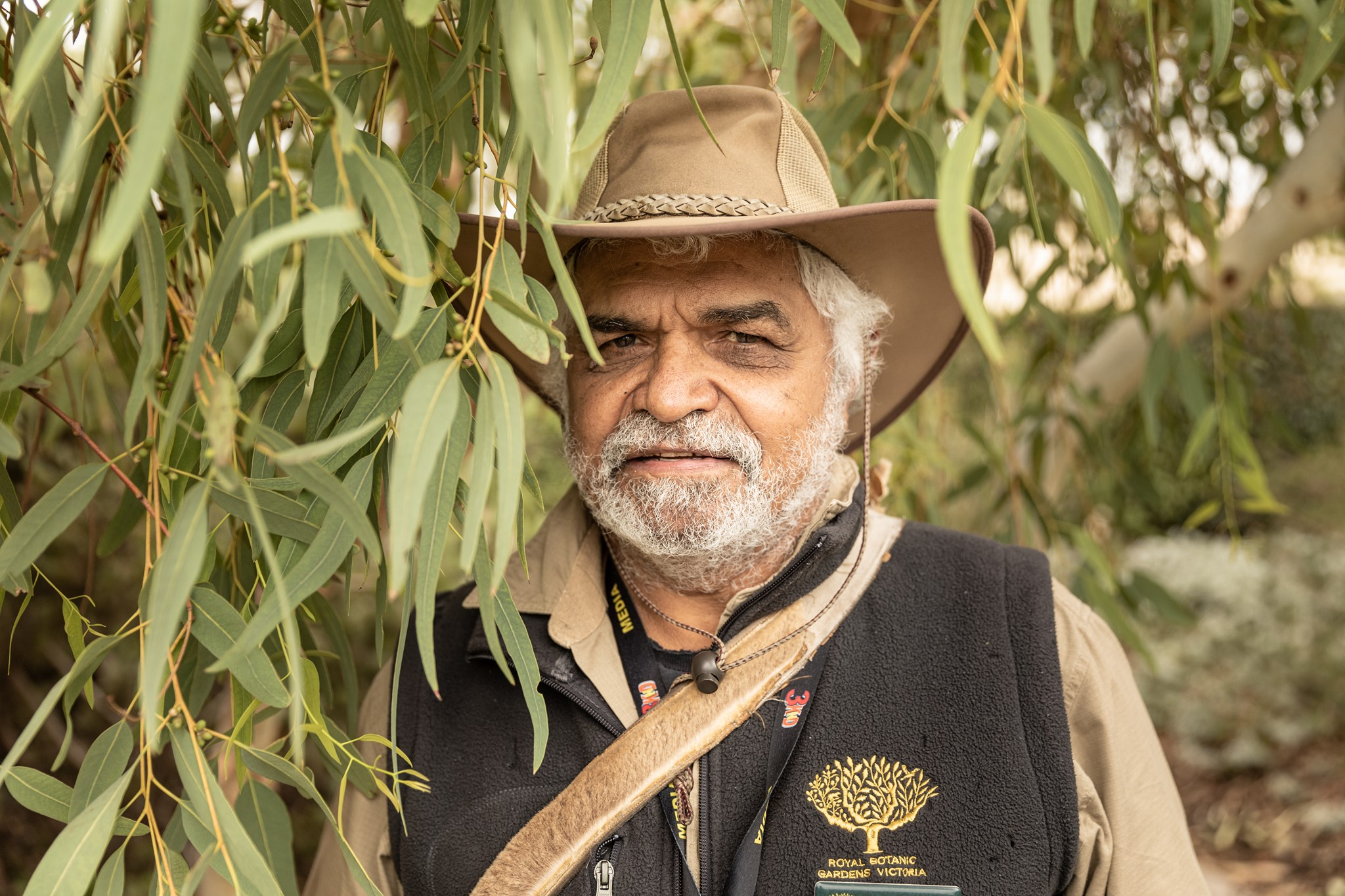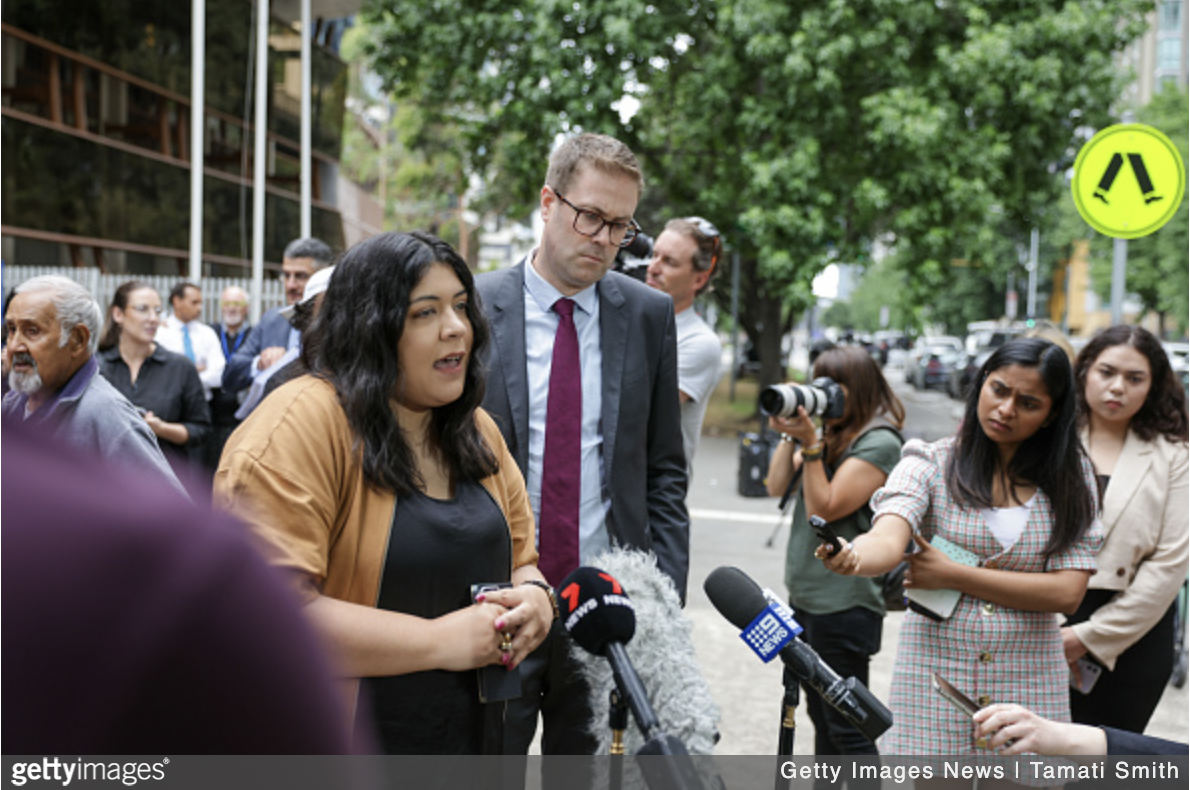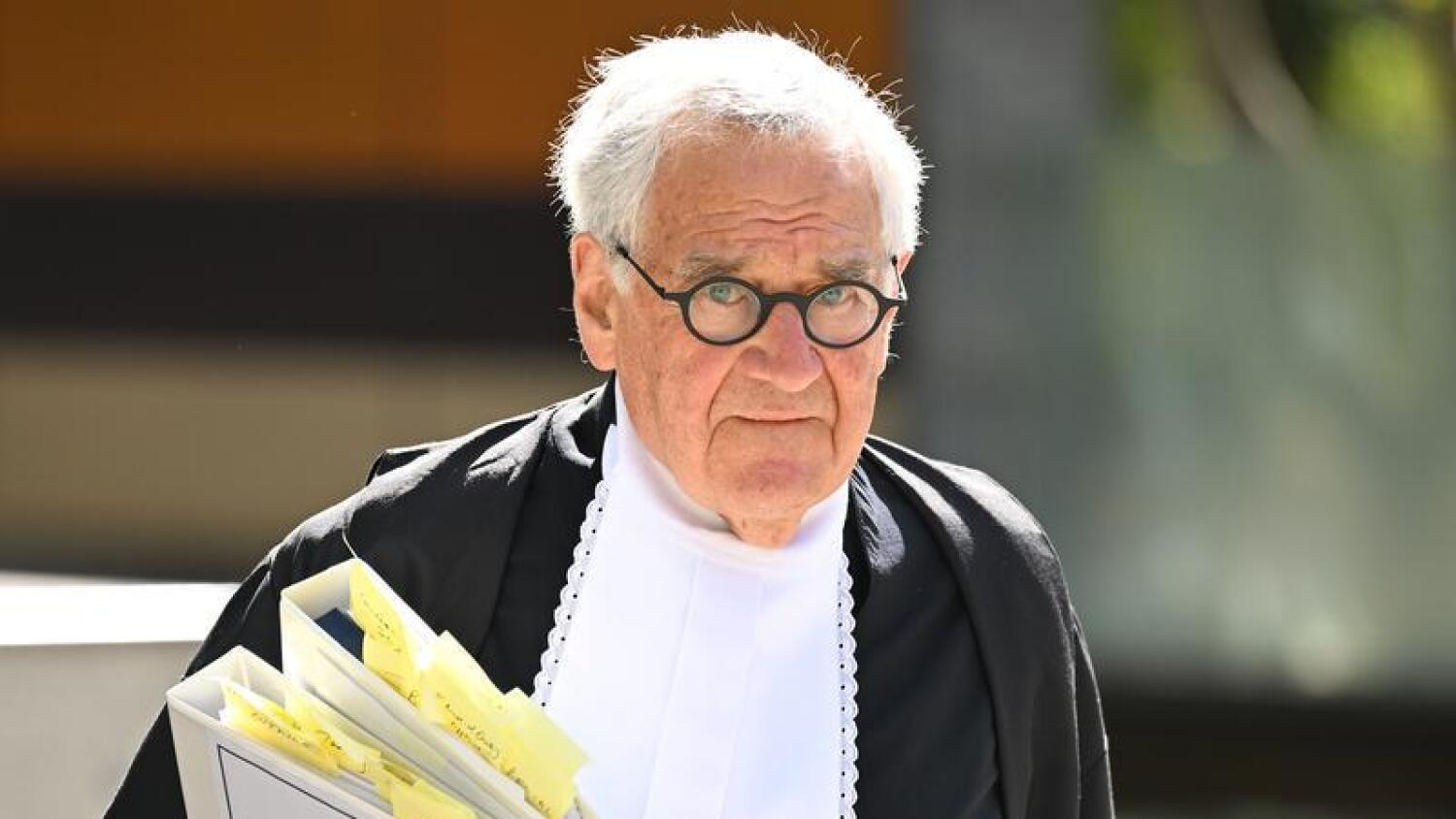A legal challenge to lower the age Aboriginal and Torres Strait Islander people are able to access the age pension has been heard by the full Federal Court this week.
The case, brought by Uncle Dennis, a 65-year-old Wakka Wakka man, argued that First Nations people do not have fair and equal access to the pension due to their lower life expectancy.
Uncle Dennis' barrister, Ron Merkel KC, on Monday spoke of the historical disadvantage faced by Aboriginal and Torres Strait Islander people and its link to the gap in life expectancy.
He argued the Commonwealth's failure to take this gap into account in determining pension age is a breach of section 10 of the Racial Discrimination Act.
According to the Australian Bureau of Statistics, Aboriginal and Torres Strait Islander men have a life expectancy, on average, 8.6 years lower than non-Indigenous men.
This gap narrows to 3.2 years for men aged 65, as premature death is far more common for First Nations people than it is for non-Indigenous Australians.

Proud Wakka Wakka man and Elder, Uncle Dennis (Photo: Royal Botanic Gardens)
Uncle Dennis, who prefers his surname not be published, said Aboriginal people are suffering.
"As an Aboriginal man, I've seen too many of my people dying at a very early age. We are lucky to get to 50 years old," he said.
"White people are living longer because they haven't lost what we have lost.
"So many things that Aboriginal people are suffering from today, are because of how we have been treated since colonisation."
The Human Rights Law Centre have suggested that fewer than 1 per cent of Australians currently receiving the age pension are Aboriginal or Torres Strait Islander.
"But this isn't just about money. This is about telling the truth and doing what's right," Uncle Dennis said.
"Things will never get better unless we acknowledge something is wrong.
"We are asking the government to work together with us, to give our people the same chance in life as everyone else."
Last week, the government acknowledged the gap between Indigenous and non-Indigenous Australians is not closing fast enough, and on some measures, the gap has increased.

Nerita Waight speaking outside the Coroners Court of Victoria about the death in custody of Aboriginal woman, Veronica Nelson
Nerita Waight, chief executive at VALS, said the court case is a way to hold the government accountable for not closing the gap in life expectancy.
"All the promises and commitments that Federal Governments have made over the years to Close the Gap need to mean something and need to be enforceable," she said.
"At the current rate, the government won't get close to closing the gap by 2031 — as they said they would do all those years ago."
Targets to close the gap in life expectancy have not been on track since 2011.
Waight said lowering the pension age would act as a meaningful response to the systemic discrimination faced by First Nations people that "causes our people to die before their time".
"Lowering the pension age to ensure our Elders have the necessary support to lead a dignified life in later life is a concrete step the Albanese Government can take for reconciliation," she said.
"The pension age should be lowered, so our people have a retirement which lets them properly care for themselves and their families, while governments at all levels work to close the gap."
Waight also suggested the move could support several of the government's Closing the Gap targets by improving the economic participation, financial security, and well-being of Aboriginal and Torres Strait Islander people.

Barrister Ron Merkel outside the Federal Court earlier this week.
This year age eligibility for the pension increased to 67 years.
If Uncle Dennis' claim is successful, Aboriginal and Torres Strait Islander men will be able to access the pension three years earlier, at 64.
The Commonwealth represented by Jenny Firkin KC, argued that racial discrimination laws do not apply in this case, despite accepting the life expectancy for First Nations people is lower than it is for non-Indigenous people.
She also warned a change to the pension eligibility for Aboriginal and Torres Strait Islander people could open the door for rulings in other areas of law including taxation.
"The potential implications are indeterminate," Firkin said.
The Federal Court's decision is expected later this year.
Before you move on, why not give our Facebook page a like here. Or give our Twitter account a follow to keep up with our work here.
